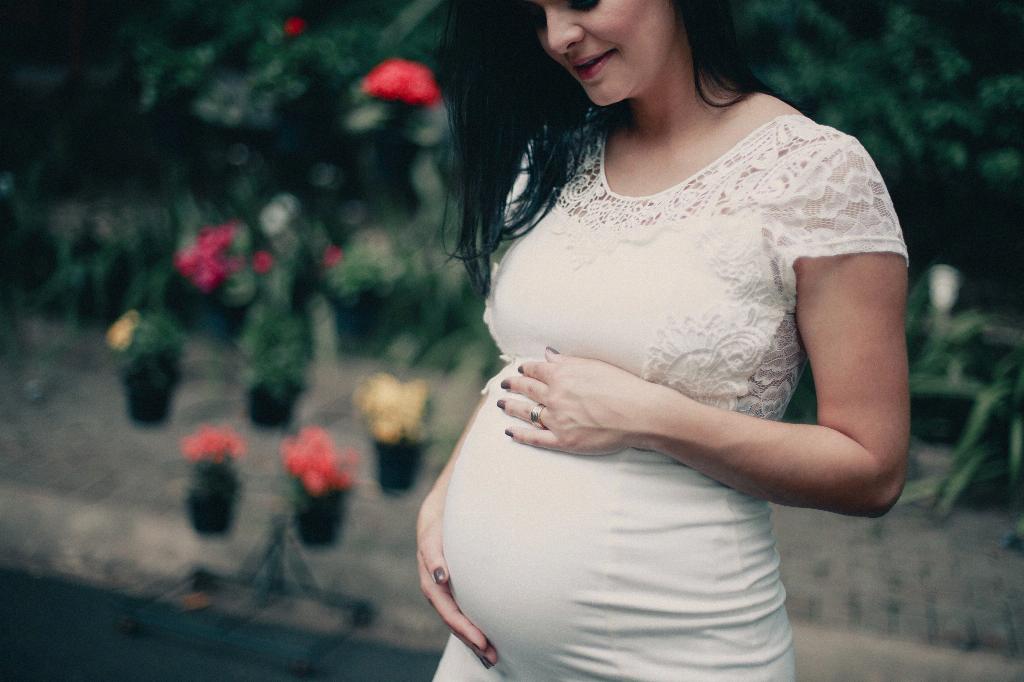Understanding the division of pregnancy into trimesters is crucial for expecting mothers as it helps track the progress of the pregnancy and prepares them for what to expect during each phase.
First Trimester: Conception to 12 Weeks
The first trimester marks the initial stage of pregnancy, covering the period from conception to 12 weeks. During this phase, the fertilized egg implants in the uterus and begins to develop rapidly. This period is characterized by significant hormonal changes and physical symptoms such as morning sickness, fatigue, and breast tenderness.
Second Trimester: 13 to 27 Weeks
The second trimester, spanning from 13 to 27 weeks, is often considered the most comfortable phase of pregnancy for many women. During this time, the baby’s organs continue to develop, and the mother may start to feel the baby’s movements. Physical discomforts like nausea and fatigue typically subside, and the baby bump becomes more visible.
Third Trimester: 28 to 40 Weeks
As the pregnancy progresses into the third trimester, which extends from 28 to 40 weeks, the baby experiences significant growth and development. The mother may experience increased physical discomfort due to the baby’s size and weight, along with symptoms like backaches, frequent urination, and shortness of breath. It is essential for the mother to prepare for labor and delivery during this final stretch of pregnancy.
Monitoring Pregnancy Trimesters
Healthcare providers use the division of pregnancy into trimesters to monitor the baby’s growth and the mother’s health throughout the pregnancy. Prenatal appointments are scheduled more frequently during the first and third trimesters to address any potential concerns and ensure a smooth pregnancy journey.
Signs of Preterm Labor
Being aware of the signs of preterm labor is crucial during the third trimester. Symptoms such as regular contractions, abdominal cramping, and lower back pain may indicate preterm labor and require immediate medical attention to prevent premature birth.
Preparing for Birth
During the third trimester, mothers-to-be should start preparing for labor and delivery by attending childbirth classes, creating a birth plan, and packing a hospital bag. Mental and emotional preparation is also essential as the due date approaches.
Adapting to Physical Changes
The third trimester brings significant physical changes as the baby grows and prepares for birth. It is normal for the mother to experience discomfort, difficulty sleeping, and increased fatigue during this phase. Practicing relaxation techniques and maintaining a healthy lifestyle can help alleviate these symptoms.
Nutrition and Hydration
Proper nutrition and hydration play a vital role in supporting the baby’s growth and the mother’s well-being during the third trimester. Eating a balanced diet rich in nutrients and staying hydrated can help maintain energy levels and promote overall health as the pregnancy nears its end.
Embracing Pregnancy Changes
As the body undergoes significant changes throughout each trimester, it is essential for expecting mothers to embrace the physical transformations and focus on the miracle of pregnancy. Each trimester brings new experiences and milestones that contribute to the joy of welcoming a new life into the world.
Seeking Support and Guidance
Throughout the three trimesters of pregnancy, it is crucial for expectant mothers to seek support and guidance from healthcare providers, loved ones, and prenatal resources. Building a strong support system can help alleviate anxiety and promote overall well-being during this transformative journey.
Embracing the Journey
From the early stages of conception to the final weeks leading up to delivery, each trimester of pregnancy offers a unique set of challenges and joys. Embracing the journey, staying informed, and prioritizing self-care are key components of navigating the three trimesters with confidence and optimism.

